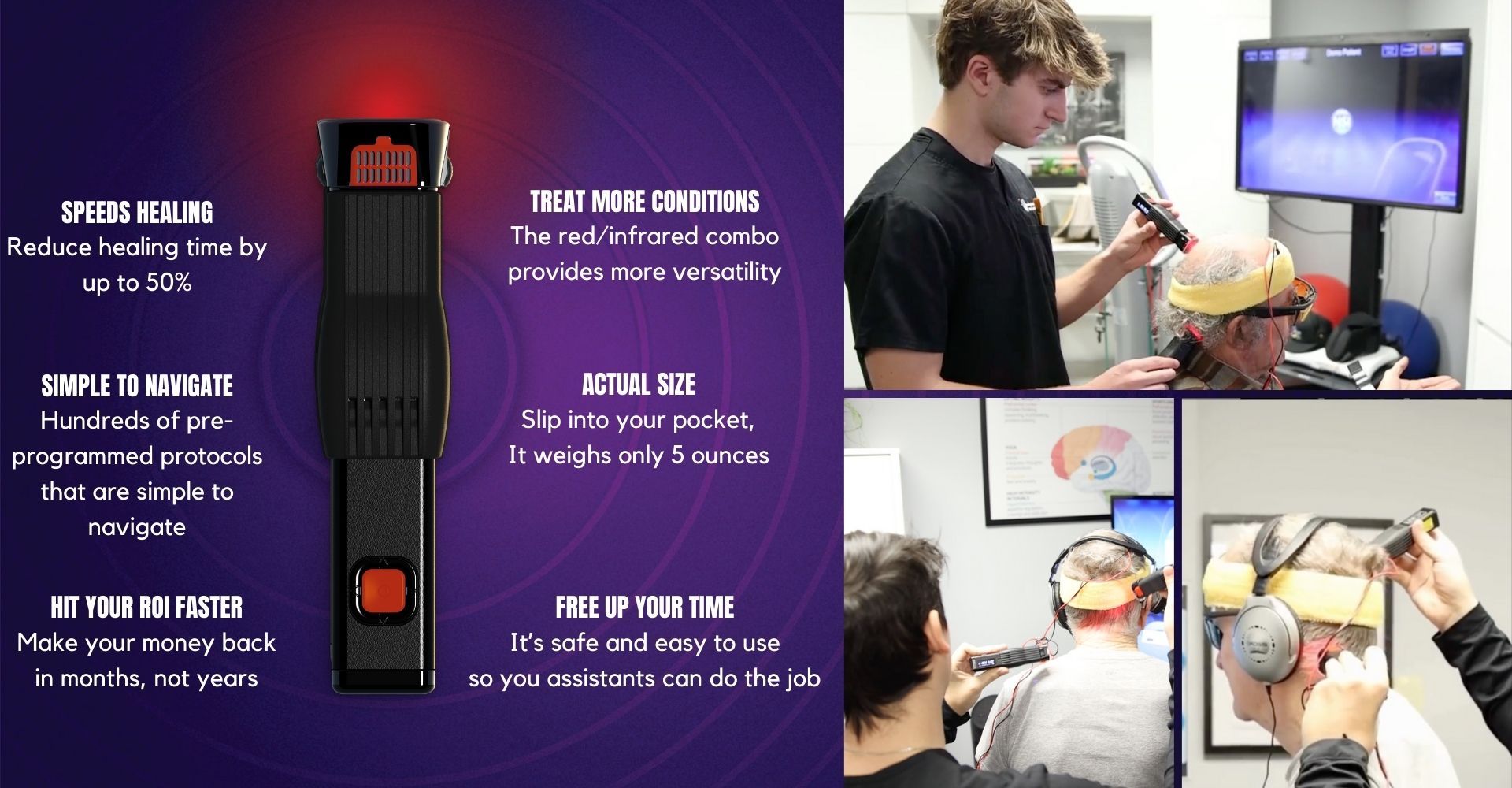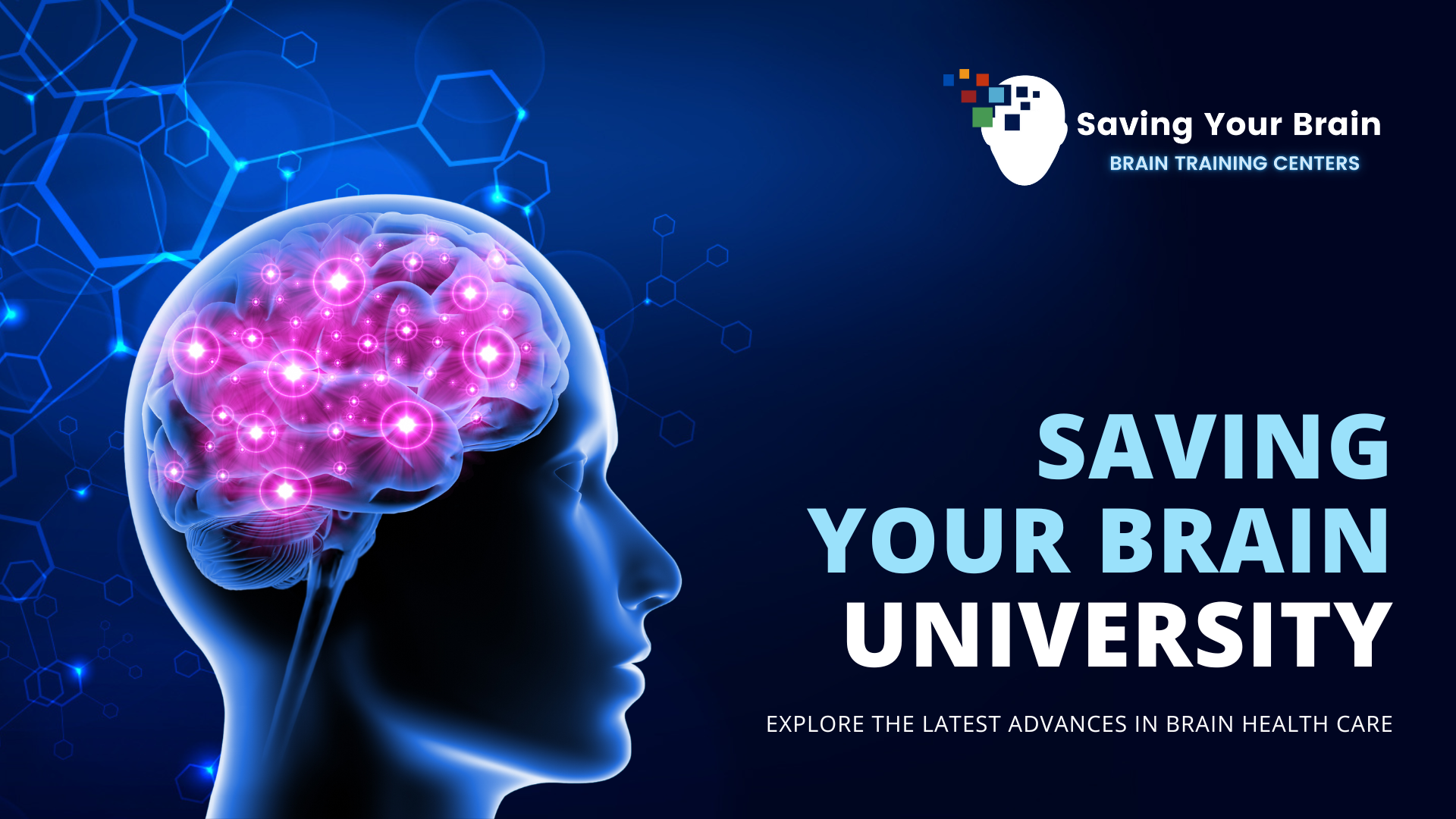Retrain Your Brain with Kelly Miller, NMD
Amazon Best-Selling Author, Speaker, Health Coach, and Founder of Saving Your Brain Training Centers
*Licensed in Missouri in Chiropractic and Acupuncture. “Certified Health Coach” in Florida.
Retrain Your Brain with Kelly Miller, NMD
Amazon Best-Selling Author, Speaker, Health Coach, and Founder of Saving Your Brain Training Centers
*Licensed in Missouri in Chiropractic and Acupuncture. “Certified Health Coach” in Florida.



Discover the Saving Your Brain Training Centers
OFFERING ADVANCED BRAIN TRAINING PROGRAMS

At our brain training centers, we care for members of all ages as we are recognized as having an expertise in the area of training the brain with advanced technology to correct brain imbalances. Our expertise in helping resolve chronic brain health problems that are not resolved by a single disciplinary approach is highly recognized. We primarily serve Greater Tampa Bay, Naples, and Kansas City Metropolitan Areas but have patients travel from all over the United States as well as from International destinations.
Activate Brain Healing with Advanced Laser Therapy

Scholarships for Students with Unique Abilities
Dr. Kelly Miller has proudly partnered with Julia M. Lindsey and Step Up for Students to support the Florida Unique Abilities Scholarship, providing families of students with special needs access to education savings accounts. This scholarship helps eligible K-12 students with specific disabilities, such as autism, Down syndrome, and cerebral palsy, by covering expenses like private school tuition, therapy, curriculum, and technology.



Access Our Educational Brain Health Library
Sign up to get instant access to watch exclusive webinars with Dr. Kelly Miller from Saving Your Brain on all topics related to the developmental of the brain, brain issues, how your diet affects your brain health the environmental toxins like mold, EMF Danger, and more.

Get Instant Access to Watch Our Latest Webinar Series

How to Improve Reading Speed & Comprehension
Dr Miller shares about RightEye Tracking and Areas of the Brain that Could Affect your child's reading speed and comprehension.

Why Does My Child Behave Like This?
Dr. Miller talks about primitive reflexes, areas of the brain that are responsible for focus, behavior, and control and offers brain-based solutions.
Connect Via
Telehealth
Connect with Kelly Miller, NMD via our secure online portal to chat, message, and video call and receive the latest info for brain health.

"Kelly Miller, NMD has trained with me in the classroom as well as personally in my clinic. I know he has the capability to get unprecedented results and there is not many clinicians who can get results like we do."
DR. KYLE DAIGLE, DC.
Owner, Ultimate Performance Chiro and Rehab

“Kelly Miller is one of my trusted friends and researchers…He and his system of health and healing are a blessing to the world. Keep up the great work Dr. Miller and Team the world needs you now more than ever”
PATRICK K. PORTER, PH.D.
Founder & Inventor, BrainTap

“If you are interested in saving your brain, repairing your brain or preventing brain challenges in the future…Kelly Miller is the expert you must consult with. He is the go to expert for brain mapping, brain healing and brain balancing.“
DR. BOB HOFFMAN, DC
Co-founder, The Masters Circle Global

Get the Latest News
© 2026 Dr. Kelly Miller. NMD | All Rights Reserved
Terms Of Service | Privacy Policy | Affiliate Program | Contact us
This site is for informational and educational purposes only. The information contained on this site does not constitute the rendering of healthcare advice or treatment recommendations. Browsing this site does not establish a professional relationship with our clinic. The information contained on this website has not been evaluated by the F.D.A. and is not intended to treat, diagnose or cure any disease.
*Kelly Miller, NMD is Licensed in Missouri in Chiropractic and Acupuncture. “Certified Health Coach” in Florida.
